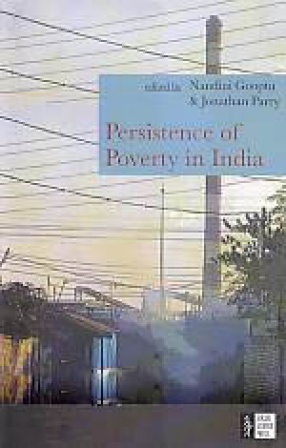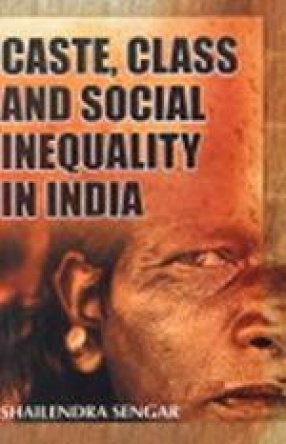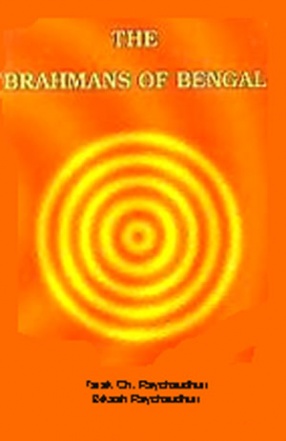In an area which has previously been neglected by the scholarly literature, Nandini Gooptu’s magisterial history of the labouring poor in India represents a tour de force. By focusing on the role of the poor in caste, religious and nationalist politics, the author demonstrates how they emerged as a major social and political factor in South Asia during the interwar period. She explores their central importance in the economy through a discussion of the patterns of urbanisation, migration and employment and the employment and the development of a casual, ‘informal’ labour market. The empirical material, drawn from towns in Uttar Pradesh, provides compelling insights into what it meant to be poor in the urban environment: the insecurity and exploitation of the workplace; the problems of finding housing and the lack of access to the basic amenities of life; harassment and coercion by the police; and social and political exclusion by the elite, who regarded the impoverished with suspicion as undesirable and potentially dangerous. The author illuminates the processes of cultural transformation among the poor and their construction of social identities by concentrating on their modes of political action and perceptions. In this way, she takes issue with current interpretations of sectarian and nationalist politics that argue the salience of community identity and the irrelevance of class in political analysis. The book will be of interest to all those concerned with urban social history and with the comparative history and politics of poverty, labour and class relations, ethnic and sectarian conflict, and nationalist movements.

The Politics of the Urban Poor in Early Twentieth-Century India
In stock
Free & Quick Delivery Worldwide
reviews
Bibliographic information
Title
The Politics of the Urban Poor in Early Twentieth-Century India
Author
Edition
1st. Ed.
Publisher
ISBN
0521443660
Length
xxiv+465p., Tables
Subjects





There are no reviews yet.